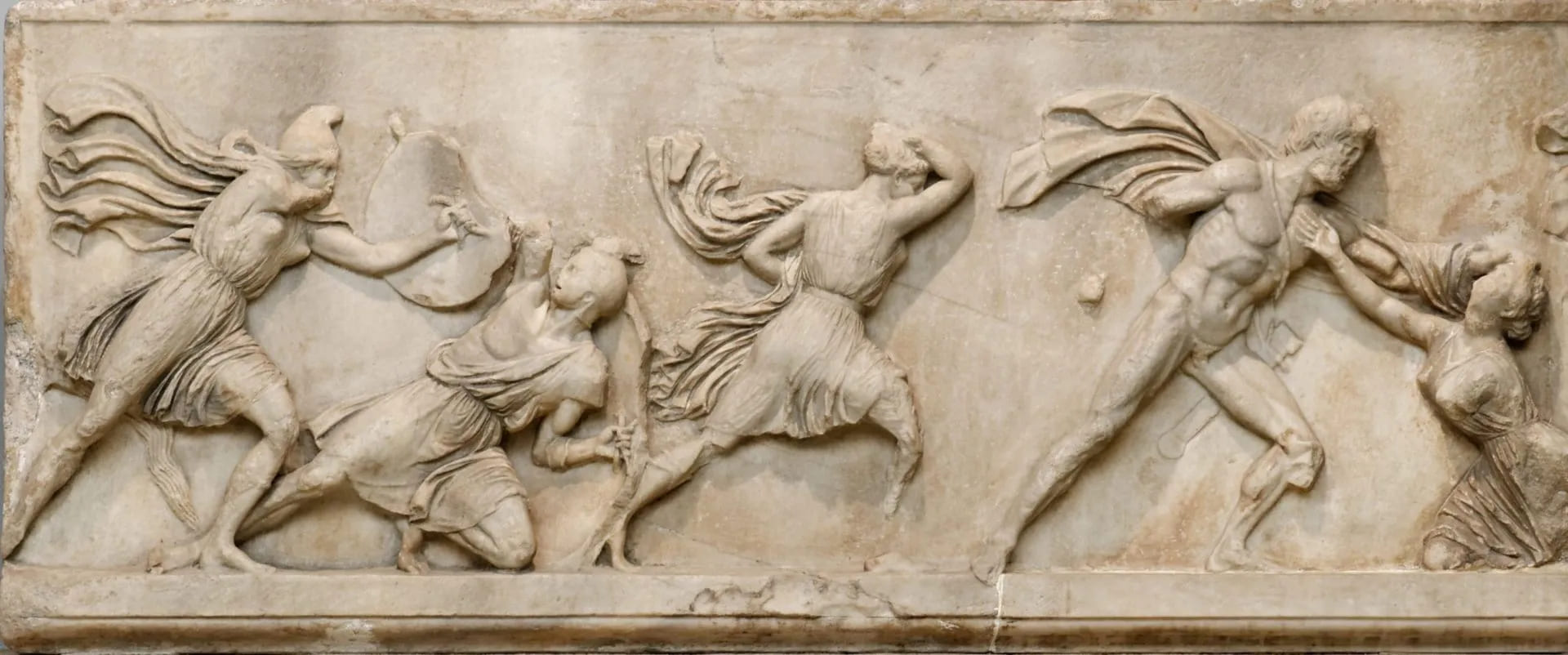Introduction
In modern discussions about gender equality, one heated debate is whether women should fight in wars. While equality is vital, placing women in combat roles isn’t necessary to prove their strength. This blog delves into why women’s contributions in wartime don’t require them to be on the front lines.
The Role of Women in History
Historically, women have contributed to wars in meaningful ways, from espionage to nursing. These roles, often unseen, have been crucial to many victories. Women possess unique skills, including emotional intelligence and intuition, that can shape strategic decisions.
1. Women’s Unique Strengths Beyond Combat
Women don’t need to physically fight to show strength. Roles in intelligence, diplomacy, or strategy are better suited to their skills. Women’s ability to multitask, organize, and mediate gives them an edge in leading teams without carrying weapons.
2. The Psychological Toll of Combat
Combat is brutal, both physically and mentally. Women, often the emotional anchors in society, play a crucial role in healing communities and families. Sending women to the front lines exposes them to unnecessary trauma, impacting the emotional well-being of families and future generations.
3. Cultural Norms and Protection of Life
Across cultures, women are often viewed as nurturers, the givers of life. This societal role conflicts with the concept of war, which is inherently destructive. Expecting women to engage in combat diminishes the value of the nurturing force they bring to the world.
Alternative Contributions to War Efforts
Women can still lead the charge, just in different arenas:
- Intelligence Gathering: Women’s intuition and attention to detail make them excellent spies or intelligence officers.
- Diplomatic Roles: Negotiation and conflict resolution are fields where women shine, helping prevent wars before they start.
- Healthcare and Psychological Support: From nursing to psychological support for soldiers, women can provide care that is vital during and after conflicts.
Conclusion
Equality doesn’t mean sameness. Women have always been warriors, but in ways that don’t involve weapons. Their strength lies in intellect, empathy, and resilience. These are traits the world desperately needs, not more combatants on the battlefield. By redefining what it means to “fight,” we can embrace women’s unique contributions to peace and progress.

